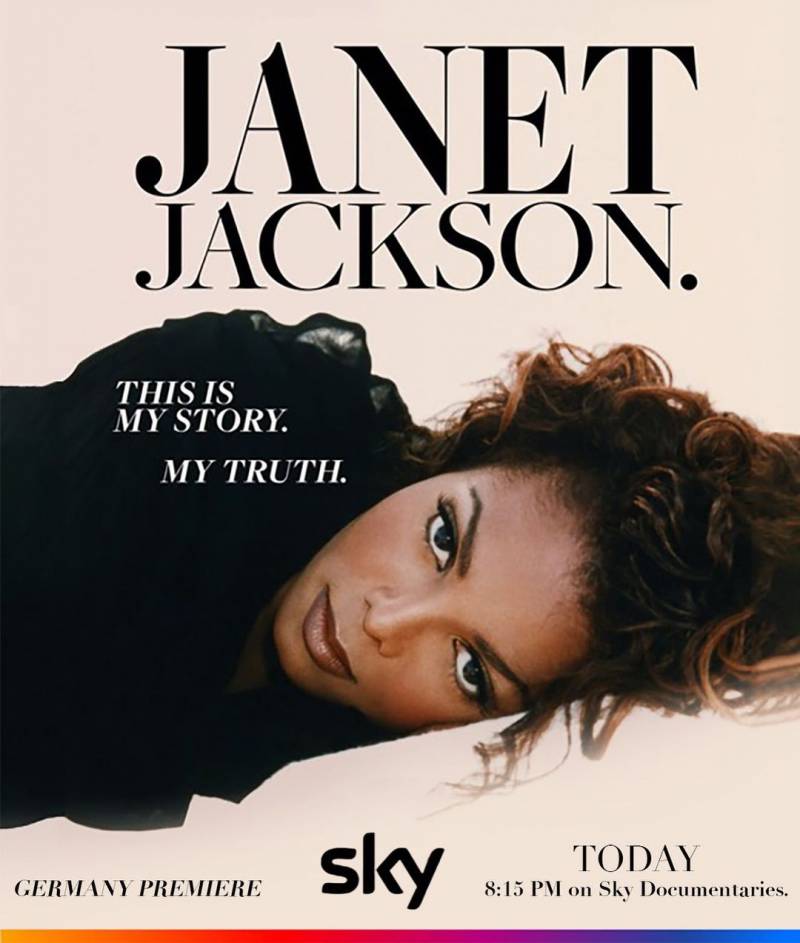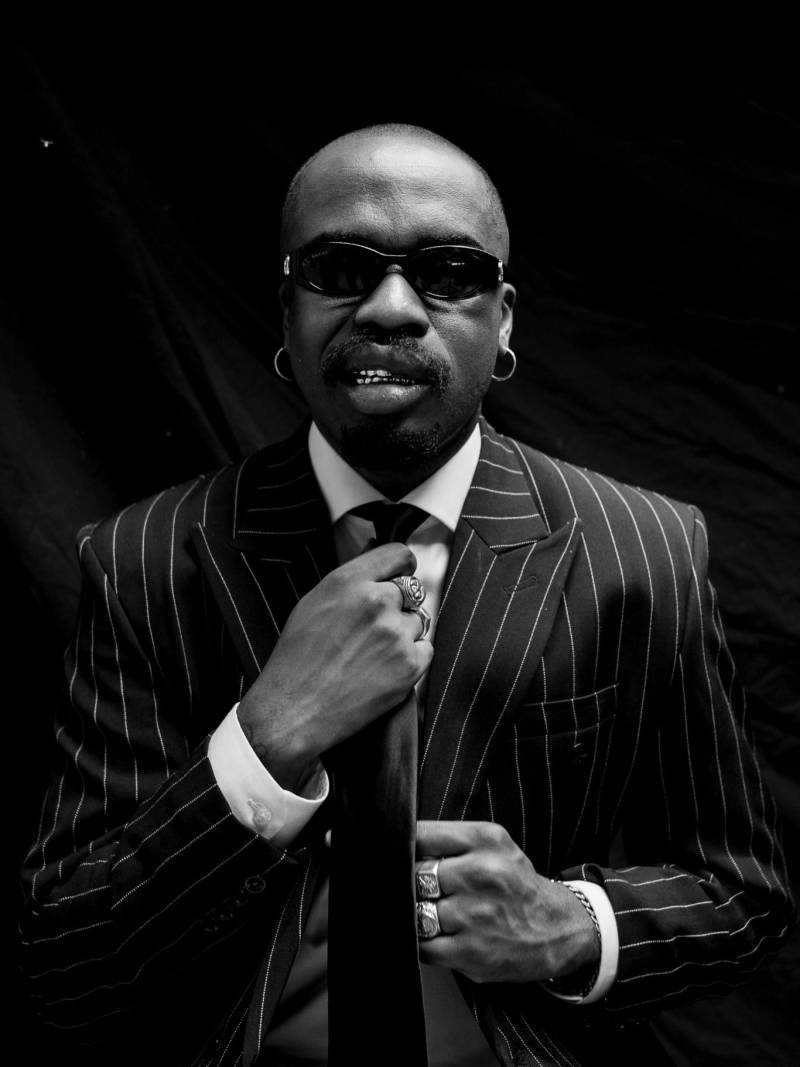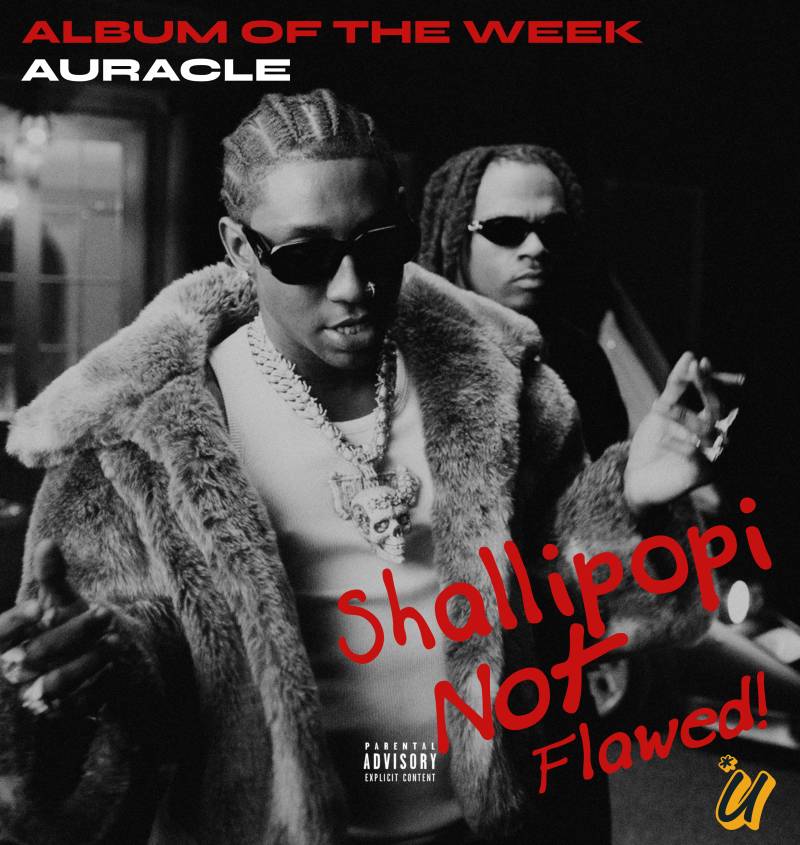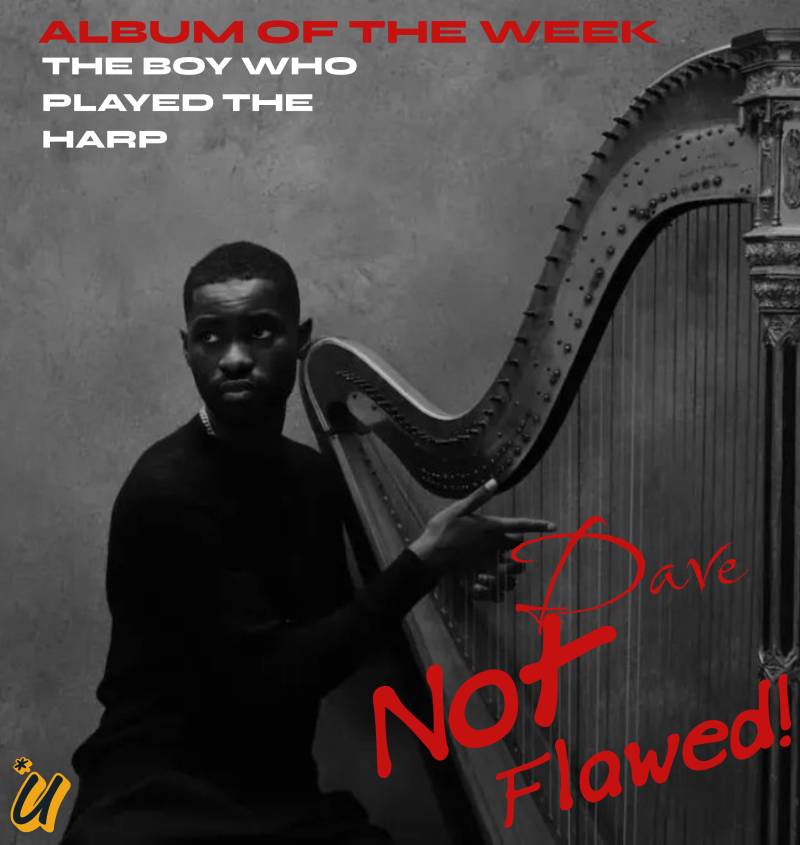Janet Jackson’s highly anticipated Lifetime documentary, Janet Jackson., brought multiple generations of fans together last Friday and Saturday (Jan. 28-29). Over the course of the two-night premiere, the music and entertainment legend opened up about her personal life for the first time while shedding new light on a few of her most prominent career moments.
In 2017, Jackson hired a film crew to document her State of the World Tour. They stuck around for five years and captured more intimate parts of her life, including her journey to motherhood. The four-part documentary details mostly every aspect of her past—from her Gary, Ind. upbringing in a small yet crowded home to her romantic relationships with R&B singer James DeBarge, dancer-director René Elizondo Jr., and renowned producer Jermaine Dupri. Jackson also explains how her close-knit relationship with her late brother, Michael Jackson, began to fray as they both grew into their respective stardoms.
During the weekend of the documentary’s premiere, Jackson’s self-produced film reached over 15.7 million viewers across Lifetime, A&E, and other digital video views. Despite the movie’s success on the small screen and social media, we’re still left with many thoughts.
Here are 12 lingering questions we’re still left with and pondering after sitting with the film.
During the first episode, she recalled never being asked if she wanted to be a performer. It just happened as The Jackson 5 stepped into their fame. When casting her for season five of the hit sitcom Good Times, Norman Lear reflected, “To meet her is to know instantly that there’s a presence in the room. [Her] talent was abundant and clear.” By that point, her career was in full swing.
Under her father’s management, Jackson released her self-titled debut album at 16, and by 18, she wanted to only go by Janet and admitted she would’ve liked to experience campus life despite being shy and naïve. In fact, she was interested in studying law at Pepperdine University. We’d love to know if she ever considered the possibility of going back to school as an adult. Juggling part-time classes and full-time fame has been done before.
Her first assistant, Jessica Davenport, who was a former receptionist for Joe Jackson, admitted Janet never got the opportunity to “meet the real Joseph.” Davenport explained, “He knew that he had to be strict for the goal he had for the family. It’s sad. He gave up his fatherhood.”
When Janet decided to fire Joe as her manager, she revealed, “I wanted my own identity, […] but it’s hard to say no to my father. So, in order to do things I wanted to do, he would have to be out of the picture.” While speaking on her Rhythm Nation era, the singer shed light on how it feels to carry such a famous surname. “I’m thankful because it has opened up a great deal of doors for me, and at the same time there’s a great deal of scrutiny that comes, a certain expectation.
Janet felt the only way to take control of her life was to get married. She began dating James DeBarge at the age of 16. They eloped in 1984 after she turned 18. She quickly learned that he was an avid drug user. She prioritized James over her work, especially during her days on Fame, the 1982 television show she starred in alongside Debbie Allen. However, she eventually realized she wasn’t the help he needed.
She began taking birth control while working on Fame and gained weight as a result. Ironically, the added weight spurred pregnancy rumors. In the documentary, Jackson refutes said rumors, explaining, “I could never keep a child away from James. How could I keep a child away from their father?” After a year of marriage, she requested an annulment. In the documentary, she noticeably didn’t address her rumored romance with troubled R&B singer Bobby Brown.
A self-proclaimed romantic, Jackson admitted she often falls for the wrong people. In a decade’s worth of unseen footage from their life together, Jackson’s second husband René Elizondo Jr. expressed to her, “I know in my mind and in my heart that you have what it takes to pull this off. You have everything it takes. Nobody can touch you.” Yet, since her relationship with DeBarge, she believed, “Subconsciously when it comes to relationships, somehow I’m attracted to people that use drugs.” But that might not be the only similarity shared between the men in her life.
Rebbie, the eldest of the Jackson siblings, said she felt Elizondo helped Janet come into her own and flourish as an artist, but was blindsided by their surprise marriage. Jackson’s then-stylist, Wayne Scot Lukas, spoke on the unwritten “rule” forbidding anyone from crossing Elizondo. The dancer-director was seen as an extension of the pop star, considering she was his partner and muse. For outsiders, their relationship might have seemed perfect, but internally, one could argue Elizondo was likely as controlling as Joe Jackson.
Elizondo directed the music video for “Again” from the Poetic Justice soundtrack and helped shape Jackson’s image as a sex symbol—after all, his hands are the ones covering her chest on her famous Rolling Stone cover. Her choreographer from 1993-1998, Tina Landon, mentioned the couple had a “unique” relationship, and Elizondo was a huge admirer of her work. Yet, she explained, “When you work that closely together, there’s no turn-off button.”
While documenting Jackson’s private and public life, the overzealous filmmaker attempted to curate and even stage as many intimate moments as possible, including one awkward incident in which he asked Jackson and her mother, Kathrine, to reenact a candid embrace so he could capture it more cinematically. This was in addition to Elizonndo directing her music videos, assisting with choreography, and even having input in her songs.
“For a long time, [their relationship] worked really well,” said Landon. However, it was revealed Elizondo had an addiction to painkillers prior to the start of The Velvet Rope Tour, and it was the first of Jackson’s tours that he wasn’t around for.
When Jackson met Q-Tip on the set of Poetic Justice in 1993, she was married to Elizondo. Yet, the Queens rapper claimed in a 2021 interview they began dating after collaborating on “Got ‘Til It’s Gone” in 1997. Jackson and Elizondo notably didn’t separate until 1999, eventually divorcing in 2000. When speaking on this period in the documentary, though, Jackson didn’t confirm a romance with Q-Tip, despite the problems she’d been having with Elizondo. However, there are three sides to every story, and we may never know the full truth.
Moreover, in the documentary, Regina King spoke on the intense chemistry between Jackson and Tupac while filming Poetic Justice. “You could cut the air in the room at times, but she was in a relationship with René—make no mistake about it,” she explained. Pac bragged that Jackson’s husband being present during the filming of certain love scenes made him want to kiss the pop star even more, but it appears nothing ever happened between them off-screen.
They always tried to make my brother seem like some sort of a freak,” she admitted. Additionally, she felt the way Michael was treated affected him and pinpointed the exact moment their close relationship changed in 1982. “Whenever Mike would do an album, he’d throw me in his car and we’d listen to it from front to back to see what I thought. I remember really loving the Thriller album,” she reflected.
“For the first time in my life, that’s when I felt it was different between the two of us. That a shift was happening. He’d always come into my room to talk, and this particular time, he came into my bedroom and neither one of us said a word to each other, and then he got up and left. That’s a time when Mike and I started going our separate ways. We weren’t as close.”
By the time they recorded their only duet, the 1995 smash hit, “Scream,” she agreed to do the song as a means of support. “I know he had something to say,” she shared. “Mike was going through a lot and I think it was taking his toll on him.” When they filmed the $7 million music video, she shot days while he shot nights, and his record label would block off his set so she wouldn’t see what was happening. She felt the label was making things competitive between them.
“That really hurt me ‘cause I felt I was there fighting the fight with him, not to battle him,” Jackson expressed in episode three of her documentary. “I wanted it to feel like old times between he and I, but it didn’t. Old times had long passed.




